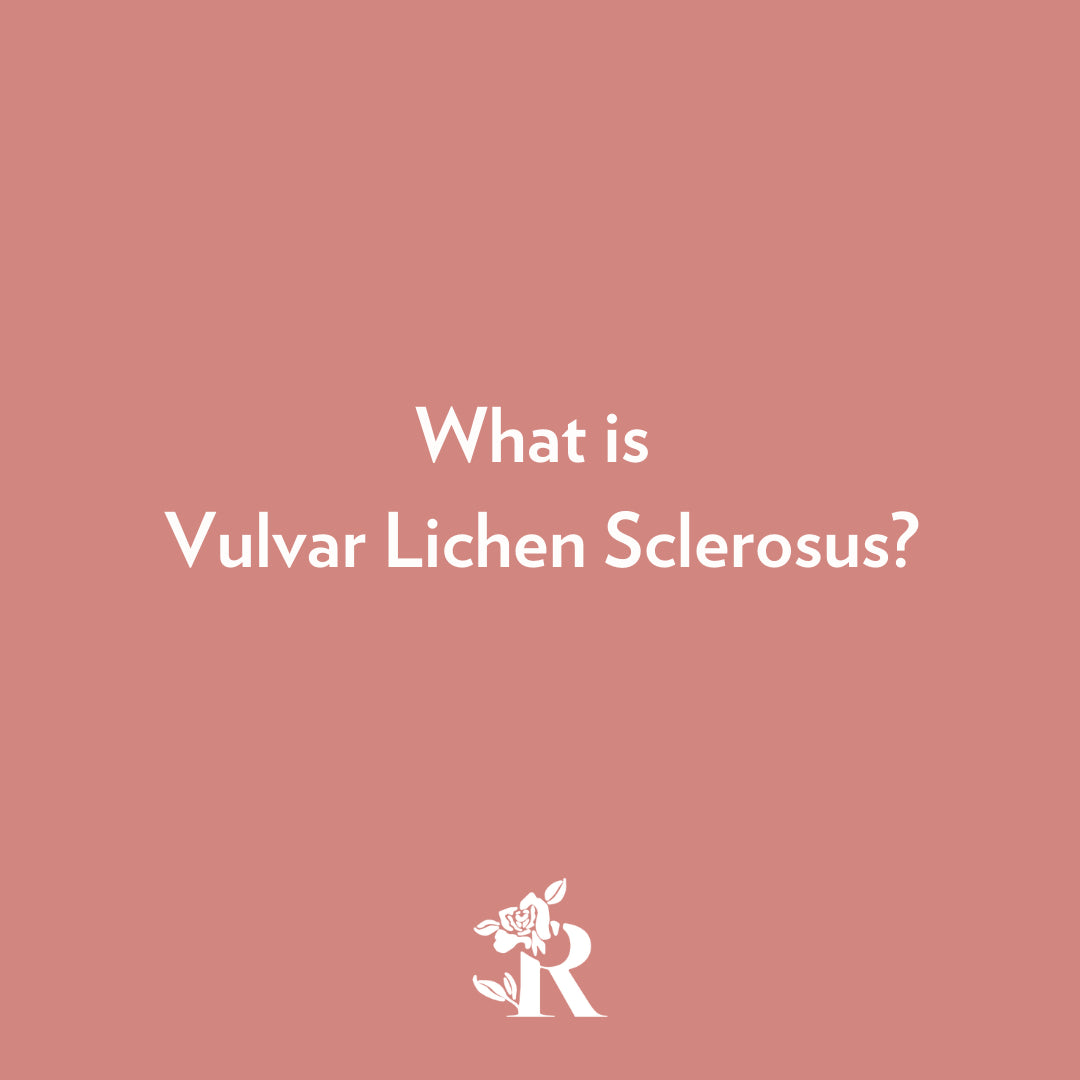What is Vulvar Lichen Sclerosus?
What is Vulvar Lichen Sclerosus?
Vulvar Lichen Sclerosus, (LIE-kun skluh-ROW-sus), is an uncommon chronic inflammatory dermatosis that creates patchy, white skin which appears thinner than normal. “It usually affects the genital and anal areas. Anyone can get lichen sclerosus, but postmenopausal women are at higher risk. Complications of lichen sclerosus include painful sex, urinary retention, constipation and an inability to retract the foreskin. People with lichen sclerosus are also at an increased risk of squamous cell carcinoma of the affected area.”
If you are experiencing any of the below symptoms, talk to your doctor and see what support is available to you.
Symptoms:
- Redness
- Itchiness
- Blotches
- Tearing or bleeding
- Discomfort or pain
- Blisters or ulcer
Vulvar Lichen Sclerosus is most common in post-menopausal women, typically over the age of 50. No definitive cause for Lichen Sclerosus has been found, however, research has shown that certain genes may play a part determining who is likely to develop this condition. Other suspected causes are hormonal imbalances – especially estrogen, past skin damage, and a suppressed immune system.
Vulvar Lichen Sclerosus and Lichen Planus
Lichen Planus, while similar to Lichen Sclerosus, is not the same. Lichen Planus is a much less area-targeted disease. It can affect areas on the skin, hair, nails and mucus membranes. Lichen Planus is a purplish, scab-like skin condition that can be managed, in most cases, without a visit to the doctor. The purplish, itchy bumps develop over multiple weeks. If the bumps reach a point that causes extreme itchiness or pain, prescription drugs may be needed. The most important difference between Lichen Planus and Lichen Sclerosus is the need to seek medical help. While neither conditions are contagious, Lichen Sclerosus is known to cause serious pain and irritation that must be treated as quickly as possible. It is best to visit a medical professional in either situation however, as that is the surest way to receive an accurate diagnosis of what you are experiencing.
While Lichen Sclerosus cannot be cured without a medical professional’s help, that does not mean it cannot be taken care of, or soothed. Our Honor Everyday Balm is formulated to support vulvar skin health. Honor Everyday Balm features a patented complex of bisabolol (extracted from chamomile), ginger extract and phytosterols which form a skin barrier strengthening complex. It mimics key components of the body’s own barrier lipids. When applied, these ingredients help to quickly restore the barrier integrity, accelerate recovery, strengthen skin, protect against moisture loss and dryness, improve already dry skin, reduce redness, and scavenge radicals.
Keeping your delicate vulvar area moisturized may relieve some of the dryness and itchiness that Lichen Sclerosus can cause. Taking preventative measures to protect your skin and overall health is a form of self care. To learn more about sexual health conditions visit www.prosana.org.
Common Vulvovaginal Disorders
Many of these symptoms overlap with other vulvovaginal disorders and are common with hormonal health changes. Talk to your doctor if you are experiencing any new or uncomfortable symptoms in your vulvar or vaginal areas.






















